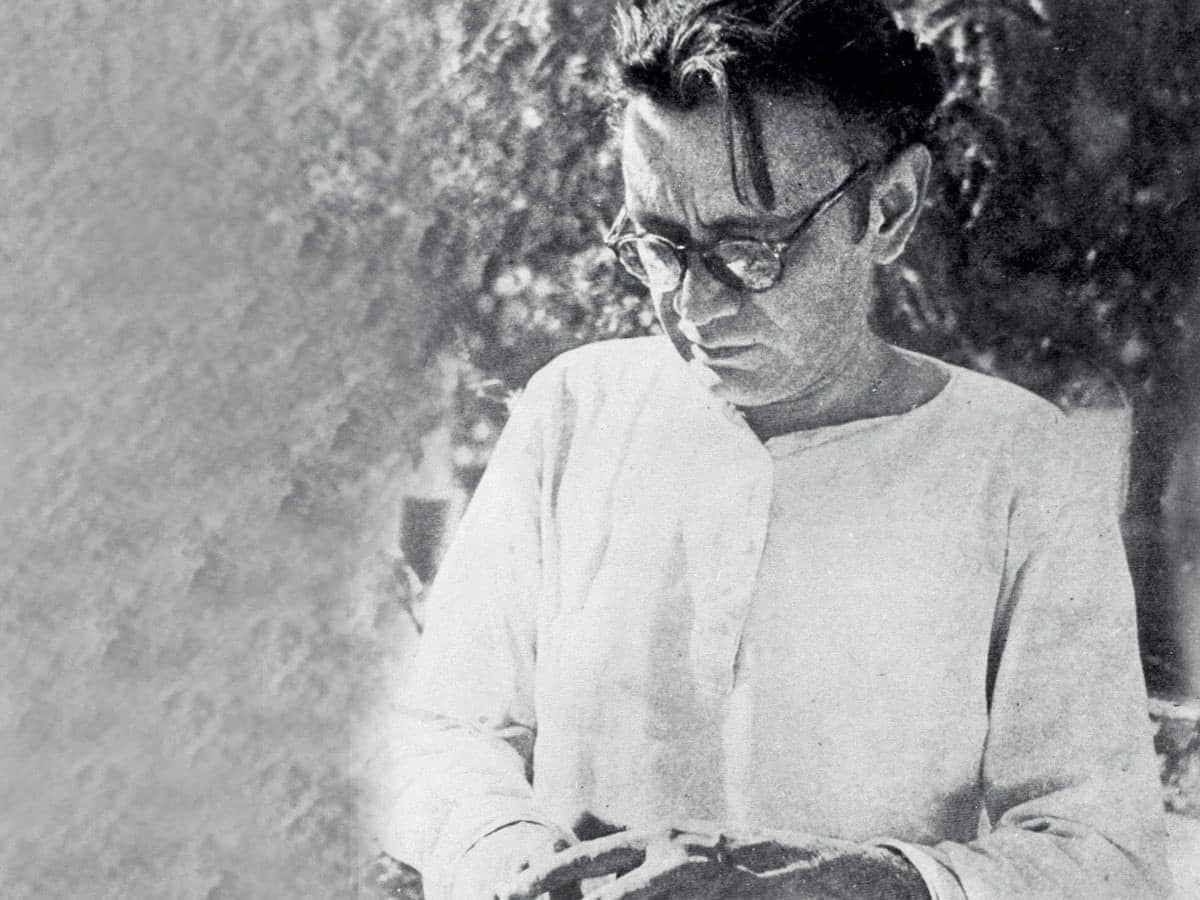Manto’s 66th death anniversary; Late writer’s day goes largely unnoticed

Great urdu language short story writer of the South Asia Saadat Hasan Manto was remembered on Monday on his 66th death anniversary to pay tributes for his lifetime services to Urdu literature.
Born on May 11, 1912 in Ludhiana, India, Manto was a play-writer and author who produced some collections of short stories, a novel, radio plays, essays and collections of personal sketches.
He was known for controversial writing of short stories which exposed the hard truths of the society that no one dared to talk about, private channels reported.
Remembering Manto on this day. Saadat Hasan died at 42 but Manto lives on. @MantoSpeaks_ @Nawazuddin_S @RasikaDugal #Manto pic.twitter.com/PgcprmmLXP
— Nandita Das (@nanditadas) January 18, 2021
Manto is best known for his stories about the partition of India, which he opposed, immediately following independence in 1947. He is acknowledged as one of the finest 20th century Urdu writers and two biographical films on Manto have been produced so far.
Saadat Hasan Manto’s understanding of society translated into a narrative of psychoanalytical portraits that often described the divided selves borne out of Partition.
On the author’s 65th death anniversary, read this profile by Deeksha Bhardwajhttps://t.co/bwbIK7Hm8B
— ThePrintIndia (@ThePrintIndia) January 18, 2021
His most famous short stories were “Khool Do, Kaali Shalwar and Toba Tek Singh among many others.
During this time Bari enthusiastically discovered Hugo’s ‘The Last Days of Condemned, a drama expression opposition to capital punishment, and he encouraged Manto to attempt a translation of it into Urdu.
“If you find my stories dirty, the society you are living in is dirty. With my stories, I only expose the truth”
Tributes to the celebrated Novelist/Short story teller in Indian Sub-continent Saadat Hasan Manto on death anniversary
Nawazuddin Siddiqui in #Manto by @nanditadas pic.twitter.com/RjGiQBvdcl— Movies N Memories (@BombayBasanti) January 18, 2021
Manto completed the translation in about two weeks and sold it to the Urdu Book Stall, Lahore, which published it under the title Sarguzasht-e-Aseer (A Prisoner’s Story).
Having now become a published author, Manto aided by Hasan Abbas soon attempted a translation of Oscar Wilde’s Vera, which was published in 1934.
Later, his story “Tamasha” and several others were put together into Manto’s first collection of original short stories in Urdu, Atish Pare (Sparks; also Quarrel-Provokers), published in 1936. Later he came to Lahore and joined newspaper Paras.He died on January 18, 1955, at the age of 44.







